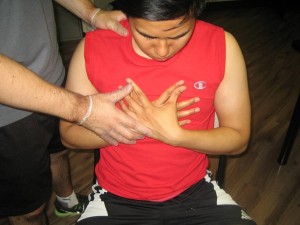Coronary heart disease is a main cause of death globally. The condition develops once the blood supply to the heart is disrupted or blocked by the accumulation of fatty substances or plaque in the coronary arteries.
After some time, the arterial walls are filled with the fatty deposits which is a condition known as atherosclerosis. The fatty deposits are known as atheroma. It is important to note that atherosclerosis can be caused by the following:
- High cholesterol level
- Smoking
- Diabetes
- High blood pressure
What are the signs?
The main indications of coronary heart disease include:
- Angina or chest pain
- Heart attack
- Heart failure
Remember that not all cases have the same symptoms, and some do not have any before coronary heart disease has been diagnosed.

Management of coronary heart disease
Coronary heart disease could not be treated but management can help in managing the symptoms as well as lessen the likelihood of issues such as a heart attack.
In most cases, the treatment might include the following:
- Medications
- Lifestyle alterations which includes cessation of smoking and regular exercise
- Surgery
- Angioplasty which involves balloons and stents to deal with the constricted heart arteries
Preventive measures
The risk for developing coronary heart disease can be lowered with some simple lifestyle changes such as:
- A healthy, balanced diet
- Limit or cessation of smoking
- Regular exercise or being physically active
- Proper control of the blood cholesterol and blood sugar levels
